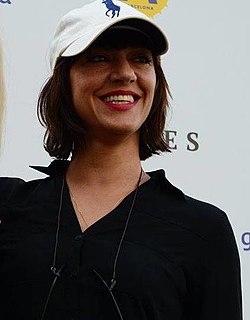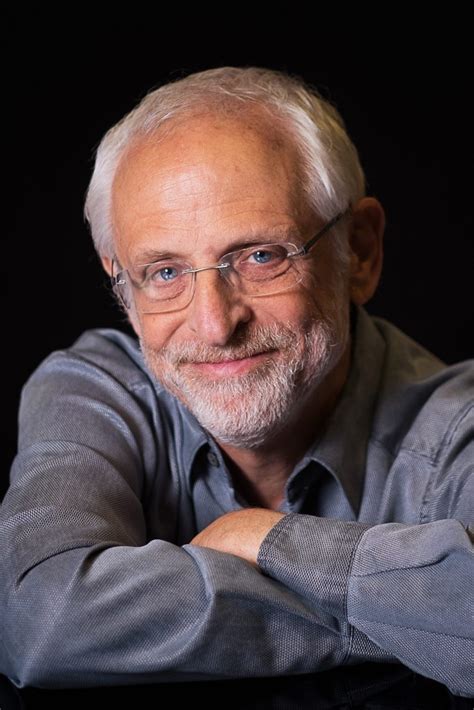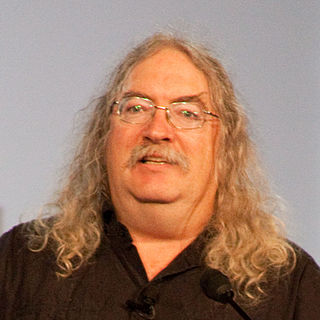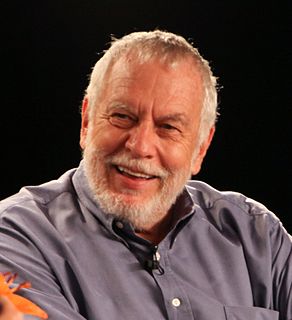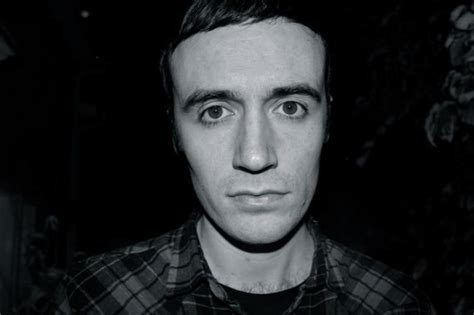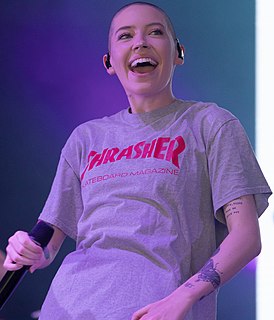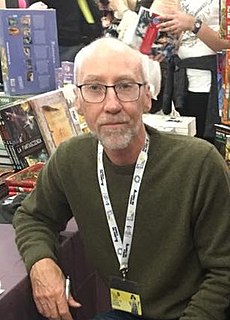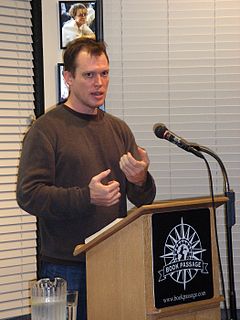A Quote by Bennett Miller
One of the biggest turnoffs is being presented with an idea that's already, to a degree, complete. That's not an adventure, and it's not a learning experience. It's more of a chore. Then you become a technician with taste, as opposed to an explorer and an author.
Related Quotes
A good taste in art feels the presence or the absence of merit; a just taste discriminates the degree--the poco piu and the poco meno. A good taste rejects faults; a just taste selects excellences. A good taste is often unconscious; a just taste is always conscious. A good taste may be lowered or spoilt; a just taste can only go on refining more and more.
In WWE there's a huge degree of acting you need to have to become legendary, to become popular. You have to become a great actor in WWE and that's something I've honed from a young age. I could never be the biggest guy on the show when I first started wrestling; it was all about the giants. But I could have the biggest personality, the biggest character.
As an artist, and for me personally, my biggest fear is categorization. I hate the idea that I would become someone who says that "this is what I do and now that's what I am." What I really feel like is an explorer. I want to continue exploring my brain cave and see what's there, you know? And I don't want to just stay in one cave.
E-learning as we know it has been around for ten years or so. During that time, it has emerged from being a radical idea---the effectiveness of which was yet to be proven---to something that is widely regarded as mainstream. It's the core to numerous business plans and a service offered by most colleges and universities. And now, e-learning is evolving with the World Wide Web as a whole and it's changing to a degree significant enough to warrant a new name: E-learning 2.0.
It is the shared experience - [although] you're the conduit of the sound, the recipient is also in some way the author of the work, because if they weren't the author of the work they wouldn't be able to recognise it as an experience, you could argue. The more distance you can put between yourself and having any kind of objective the more likely it is to appear.
If getting our kids out into nature is a search for perfection, or is one more chore, then the belief in perfection and the chore defeats the joy. It's a good thing to learn more about nature in order to share this knowledge with children; it's even better if the adult and child learn about nature together. And it's a lot more fun.
There is no author or legislator of the moral law. It is simply valid in itself in the nature or essence of things. We become autonomous only when we obey it, because then our will aligns itself with the objectively valid law, and our choice follows the same law as that we give ourselves. We can think of rational faculty (or the idea - the pure rational concept, not exhibitable in experience) as the legislator or author of the law because reason recognizes an objective standard, and to that extent is already aligned with objective moral truth.
The secret of adventure, then, is not to carefully seek it out but to travel in such a way that it finds you. To do this, you first need to overcome the protective habits of home and open yourself up to unpredictability. As you begin to practice this openness, you'll quickly discover adventure in the simple reality of a world that defies your expectations. More often than not, you'll discover that “adventure” is a decision after the fact-a way of deciphering an event or an experience that you can't quite explain.






